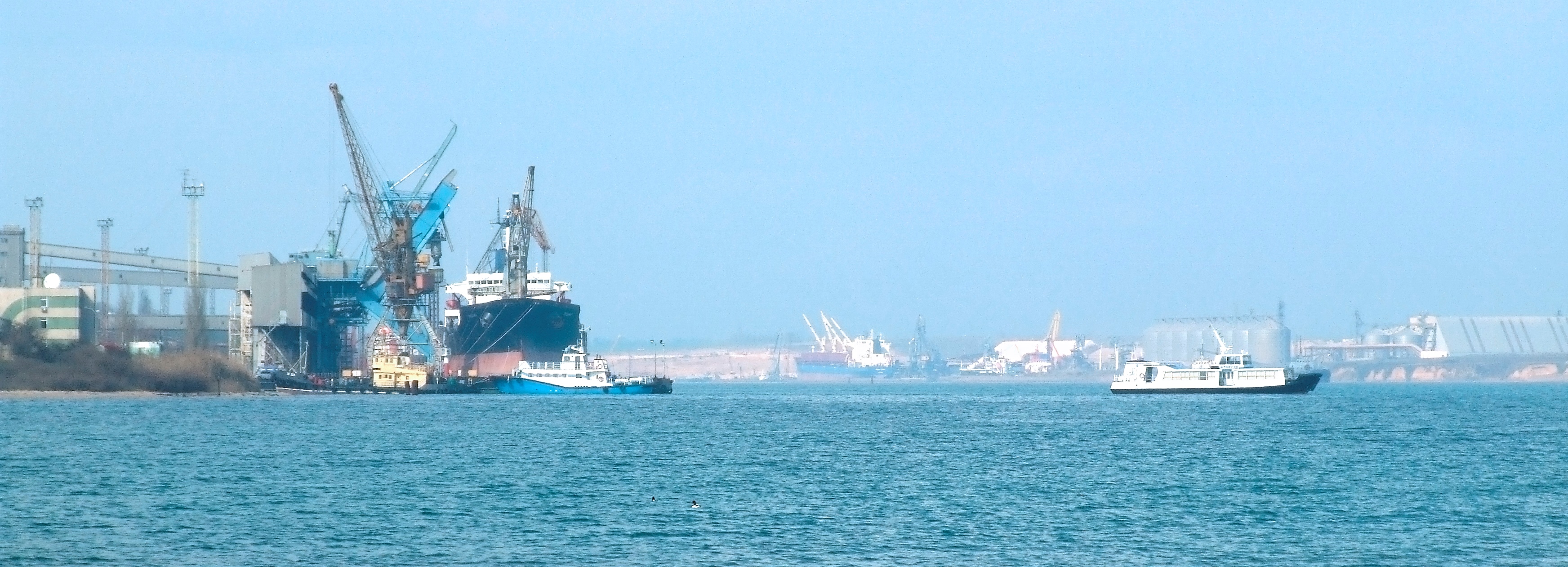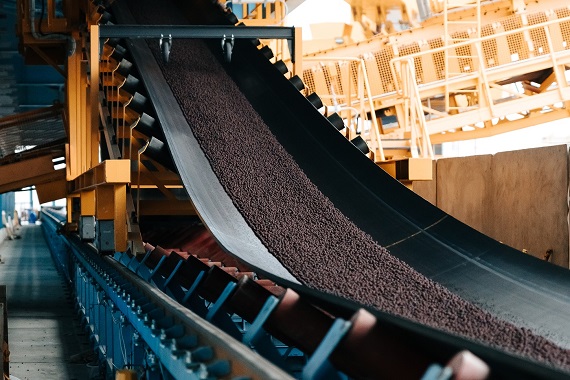
The scope of Russia’s foreign trade cargoes handled in seaports of Ukraine has reduced by three thirds over the recent eight years. Last year, it totaled 1.8 million tonnes with ore accounting for the bulk of the volumes. In 2020-21, ore flows were redirected to the Russian port of Ust-Luga. However, the ports of Ukraine continued playing a certain role in grain logistics.
Over the recent eight years following the Crimean events Russia has been reducing its dependence on Ukrainian seaports at a quick rate. Handling of Russia’s foreign trade cargo in Ukraine has reduced from over 10 million tonnes in 2013 to 1.8 million tonnes in 2021.
The cargo mix has also changed. In 2013, liquid bulk cargo and coal accounted for the bulk of the handled volumes while in 2021, it was ore handled mostly in Yuzhny (Odessa Region) and in Izmail port. Consistent reduction of Russian cargo flow should be attributed to gradual introduction of network port facilities in the country.
The amount of Russian ore exported via the ports of Ukraine reduced by a half in 2021 vs the result of 2019: Russian holding Metalloinvest redirected its cargo flow to a new terminal in Ust-Luga, Ultramar terminal which is to become fully operational this year. Under an agreement with Ulramar effective from 1 October 2020, the new terminal will annually handle 2.5 million tonnes of Metalloinvest pellets and hot briquette iron.
“The launching of Ust-Luga terminal expands our export opportunities, ensures additional flexibility in diversification of flows and lets reduce transport expenses”, commented Vakhtang Kocharov, Deputy Chairman of Metalloinvest Management Company’s BoD.

It seems fair to say that with ore having left the ports of Ukraine, Russia does not depend on Ukrainian harbors any more.
On the other hand, Ukraine used to play a certain role in Russia’s Azov-Black Sea logistics. As the Association of Maritime and Forwarding Agencies (South of Russia) told IAA PortNews, insufficient depth of Russia’s southern ports is among the key problems when it comes to dry bulk cargo. Therefore, bulkers partly loaded with grain in Russian ports used to be additionally loaded in Ukrainian ports.
Among the measures to stop this practice is the off-harbor transshipment of cargo the ban on which has been under discussion in Russia from 2020. Last year, Russia’s grain exporters tested a logistic scheme implying transshipment of grain on a large bulker at the port of Kavkaz.
“A large bulker is placed in the port of Kavkaz which is gradually loaded by grain delivered by smaller ships from Azov and Volga across the Kerch Strait. They took over part of the cargo from Ukraine”, tells the Association.
It should be noted that the problem of shallow southern ports is already being addressed in Russia. Designing of deep-water berths for grain exports has started in Novorossiysk. The project foresees the construction of a new pier and modernization of the existing terminals with the total capacity of export infrastructure to be increased by 9 million tonnes per year.
Besides, Azov Sea Terminal is going to build a multipurpose facility for handling grain and general cargo with annual capacity of 1.5 million tonnes which can be later increased to 2 million tonnes.
An additional cargo base of up to 4 million tonnes per year can appear with implementation of the project on organizing year-round navigation on the Russian inland waterways along the so-called 'Southern Horseshoe’ (the Astrakhan – Rostov-on-Don route).
Whatever happens in the future and whatever sanctions are imposed, it is safe to assume that exports of Russian grain and ore will continue since there are too many economies worldwide, including those remaining neutral to Russia, interested in it. In this context, development of Russia’s own deep-water port infrastructure focused on handling of dry bulk cargo will remain among the priorities.
More industry-related content is available on our social media pages: YouTube, Telegram, Twitter, Yandex Zen




